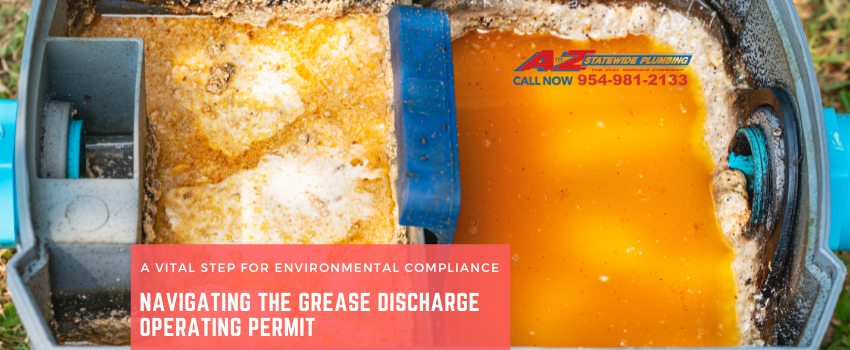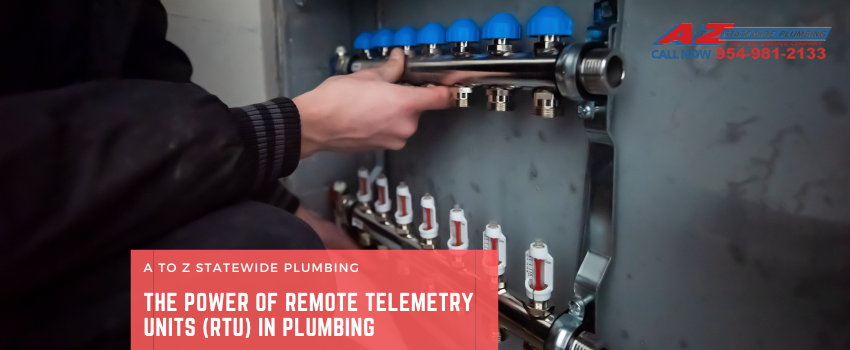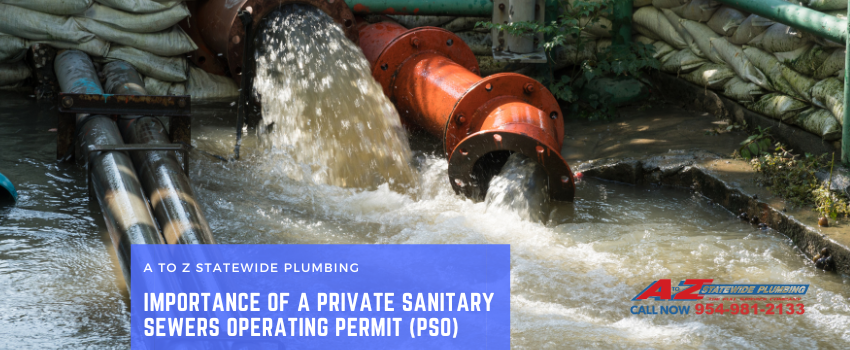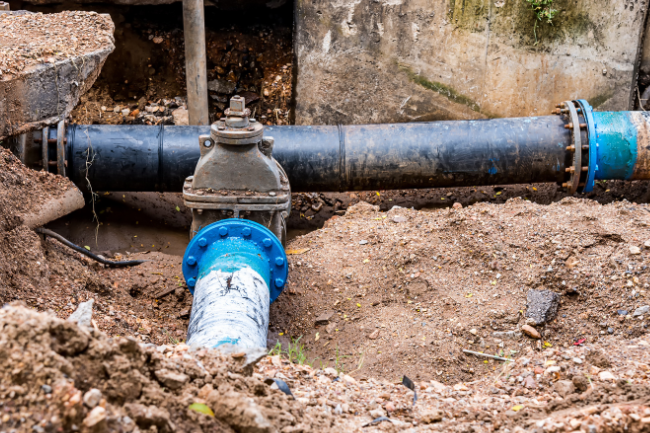Homeowners might not think about the pipes hidden behind their walls until issues arise. If your house is outfitted with Poly B or galvanized piping, understanding the nuances of these materials and the benefits of replacing them is crucial. Across Canada, many homes built before the late 1990s used these materials for plumbing. However, time has shown that both Poly B and galvanized pipes carry risks of deterioration and corrosion, potentially leading to water damage or worse. This essential guide will navigate you through everything you need to know about replacing these outdated plumbing options. By exploring the reasons for replacement, the benefits of updated piping materials, and what to consider during the process, you’ll be equipped to make informed decisions that ensure the longevity and safety of your home’s plumbing infrastructure.
Understanding the Urgency of Replacement
Poly B (polybutylene) and galvanized pipes were once staple materials in Canadian home construction. Poly B, used extensively from the late 1970s until the mid-1990s, is a type of plastic resin that was favored for its ease of installation and low cost. However, it was later found to react poorly with oxidants like chlorine, commonly found in municipal water supplies, which can lead to brittleness and cracking over time. Similarly, galvanized pipes, made of iron or steel and coated with a layer of zinc to prevent rusting, were used before the recognition of Poly B. Over time, the zinc erodes, leading to rust and corrosion inside the pipe. This process not only decreases water quality but also reduces water flow, which can place significant pressure on your home’s plumbing system.
The risks associated with these outdated materials, including potential water damage, decreased water quality, and an increased likelihood of burst pipes, make understanding and taking swift action toward replacement essential for maintaining a safe and functional home environment.
Identifying Signs of Pipe Failure
Recognizing the early signs of pipe failure can help homeowners avoid the more severe consequences of ruptured water lines. For those with Poly B piping, signs include visible cracks or leaks, a drop in water pressure, or an unexplained increase in water bills, which can suggest hidden leaks. Musty smells may also indicate mold growth due to unnoticed moisture, a common side effect of slow leaks.
In homes with galvanized piping, water may appear rusty or discolored, which suggests internal rusting. Another key indicator is low water pressure, which can indicate that mineral deposits have narrowed the pipes significantly, reducing the flow of water. Often, the first areas to exhibit such symptoms are upper floors or places farthest from the main water source because these areas are the last to receive water through the compromised pipes.
Choosing the Right Replacement Materials
When it comes time to replace old or failing pipes, selecting the appropriate materials is crucial. Modern plumbing offers two popular alternatives: PEX (cross-linked polyethylene) and copper piping.
PEX Piping
PEX is highly valued for its flexibility, which significantly simplifies installation, particularly in older homes where running rigid pipes may be challenging. It’s also resistant to scale build-up and corrosion, a distinct advantage over metal pipes. Additionally, PEX does not transfer heat as readily as copper, making it more energy-efficient for hot and cold water systems. Its cost-effectiveness combined with durability makes PEX an attractive option for comprehensive plumbing system upgrades.
Copper Piping
Copper is renowned for its longevity and reliability, attributes that make it a traditional favorite despite its higher material cost compared to PEX. It’s naturally resistant to bacteria and corrosion, which helps maintain water purity and quality. Copper piping also adds value to a property, viewed favourably in real estate markets due to its durability and minimal maintenance requirements.
Both options offer distinct advantages, and the choice may depend on specific needs and budget constraints. Consulting with a plumbing professional who understands the demands of your local water system and home architecture is advisable when selecting the best material for pipe replacement.
Professional Installation and What to Expect
Replacing plumbing throughout a home is a significant undertaking that necessitates professional expertise. Qualified plumbers like those at The Irish Plumber can ensure that the installation process is carried out smoothly and efficiently, with minimal disruption to daily life.
Inspection and Consultation
The process begins with a thorough inspection of the existing plumbing system to assess the extent of decay and planning the best route for replacement pipes. This stage is crucial for tailoring the approach to your specific home layout and plumbing needs.
Installation
During installation, professionals will likely need access to walls and floors to remove the old pipes and fit new ones. In cases where Poly B or galvanized pipes are embedded in slabs or other inaccessible areas, techniques like pipe bursting or slip lining may be used to minimize destruction and disruption.
Post-Installation
After installation, rigorous testing is conducted to ensure that the new system functions correctly without leaks or pressure issues. Clean-up and repair of any necessary property damage, such as wall openings, are also part of a full-service restoration to leave your home tidy and fully functional.
Upgrading old, deteriorating plumbing is not only a proactive step towards maintaining your home’s structural integrity but also vital for ensuring safe water quality and optimal system functionality. Replacing Poly B and galvanized pipes with modern alternatives offers an enduring solution that not only secures a home’s immediate water needs but also enhances overall property value. Given the importance of this undertaking, partnering with experienced and reliable plumbers ensures that your home’s plumbing overhaul is successful and sustainable.
Secure Your Home’s Future with Expert Plumbing Solutions
The replacement of Poly B and galvanized piping is not merely a maintenance task—it’s an investment in your home’s future and safety. By opting for modern materials like PEX or copper piping, you not only enhance the functionality and efficiency of your water system but also contribute to the overall health and safety of your living environment. These upgrades prevent potential disasters and improve water quality, ensuring that your home remains a safe haven for years to come.
Don’t wait for a plumbing emergency to take action. Schedule a consultation with our skilled professionals. We are committed to providing high-quality, reliable plumbing services in Ottawa tailored to your specific needs. Contact us and take the first step towards securing and modernizing your home’s plumbing infrastructure. Your peace of mind is just a phone call away.








